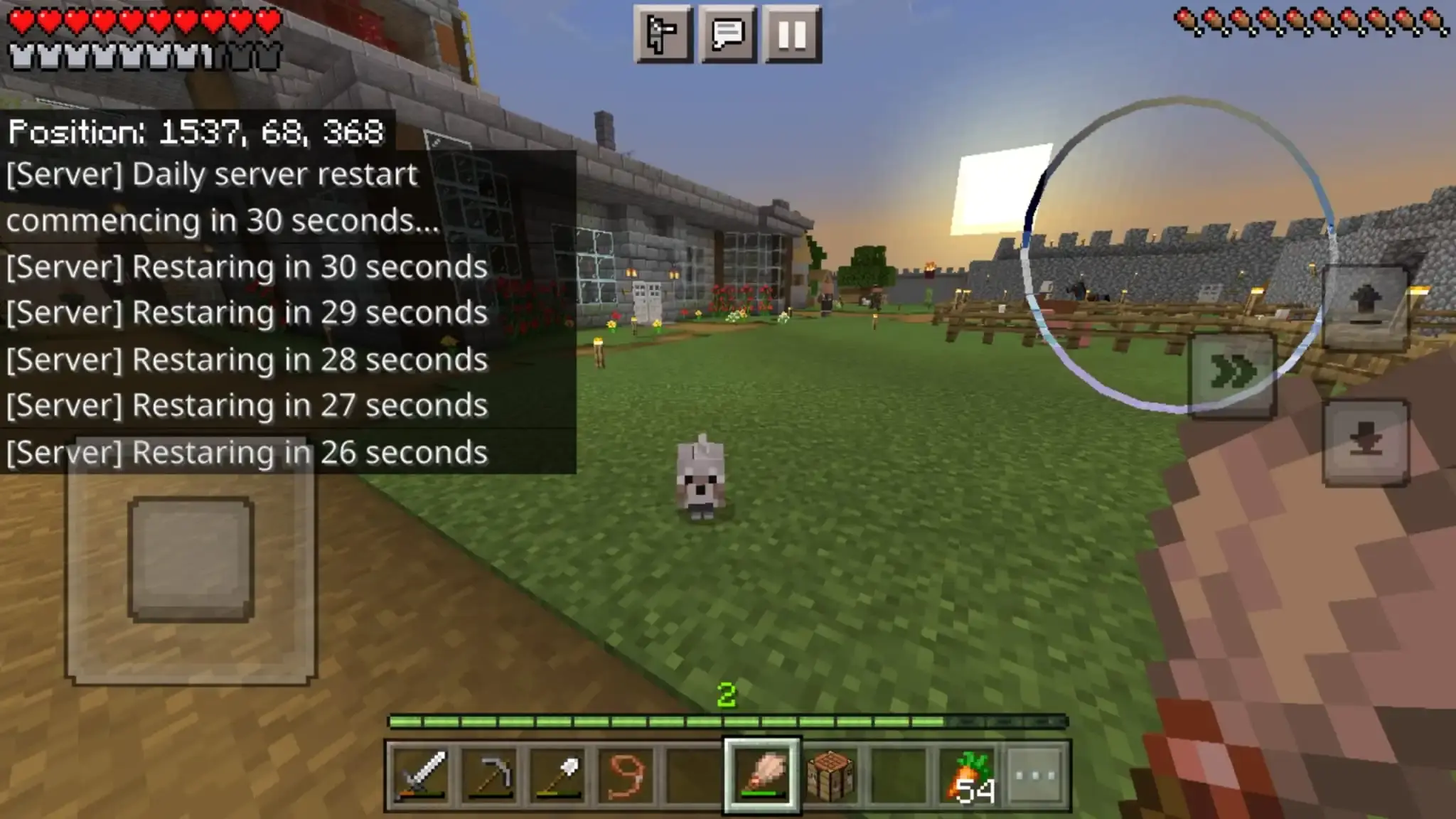Note: Still trying to navigate communities here on Lemmy to replace those from Reddit. If there is a better place such a question, I would welcome the suggestion.
I'm running a Synology NAS, which uses some flavor of Linux distribution. From there, among everything else running, I have a docker container hosting a Minecraft Bedrock Server. The MCBE server is great for fun, but not so great for resource usage. To handle this, most folks setup something to schedule the server to restart.
Within Synology, there is a task scheduler where I can run a user-defined script to restart the whole container:
docker restart mcbe-world
This works, but it's a dirty reboot though. I worried about corrupting the world (which I do regularly backup). From within the Minecraft server terminal, the /stop command will gracefully shut it down.
I can't update the container with another application, like screen, because each MCBE update means replacing the entire container (and so destroying the changes). I am looking to somehow redirect a command to the server if possible.
Using docker exec -it mcbe-world , I can execute what I want within the container.
The person here said, one can "inject commands by running the command as the appropriate account and redirecting it into the server" and they gave the example sudo su -s /bin/bash -c "echo say foobar > /run/service@name" Unfortunately, this isn't so clear and straight forward to me.
Would anyone here be able to articulate this more clearly for me or have an idea as to how I might issue that /stop command from the Synology scheduled script BEFORE restarting the container?
Thanks!
UPDATE: Solution here: https://beehaw.org/comment/1088961
